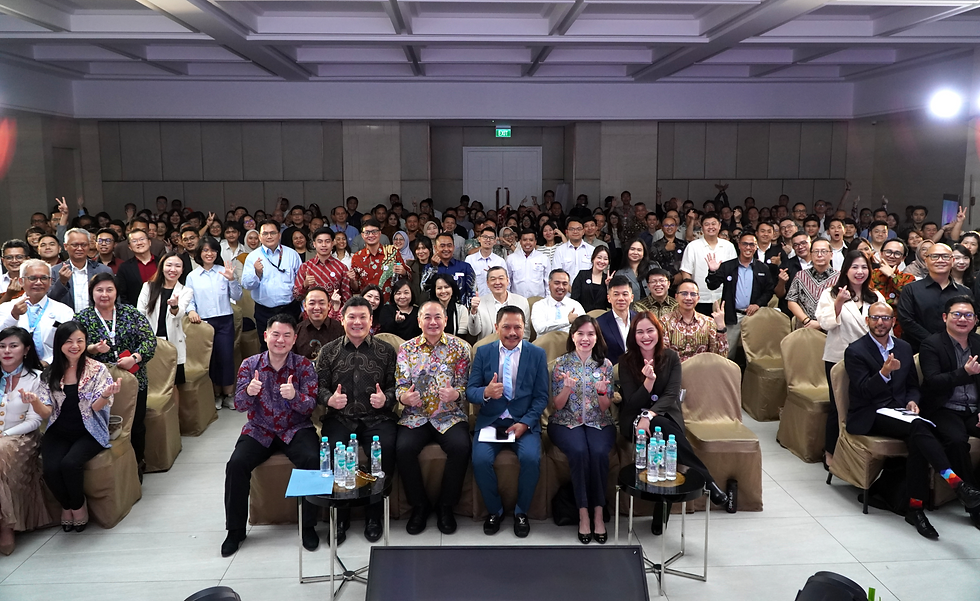How to Build Our Future Career in the Age of Artificial Intelligence
- TechConnect

- May 15, 2023
- 2 min read

Picture Source: COE
In this digitalization era, Artificial Intelligence (AI) has taken center stage in conversations surrounding the future of business, work, and learning. It may pose some challenges not only for the companies but also for the individuals hoping to navigate potentially massive implications for their own careers. For years, pundits have assured us that the key to surviving AI disruption was leaning into creativity and other (theoretically) unique human skill sets. But the new wave of AI is rapidly demonstrating that it can do far more than crunch numbers and analyze data and create articles and copywriting that could displace many journalists and marketers.
There are some ways to build your career in the age of AI.
Avoid predictability.
Artificial Intelligence isn’t something that generates new insights; it’s something akin to a prediction engine that merely guesses the most likely next word. At the micro-level, it’s helpful: “thank” is indeed often followed by “you.” But at a macro level, its suggestions tend to homogenize, and they’re only as good as the wisdom of the crowds, which is often the exact opposite of wisdom. And yet, this aspect of generative AI can be a powerful tool if you use it right. When everyone else is turning to AI, especially to the company, it may discover the advantage of sounding like ourselves and embracing its own personality, serendipity, and unpredictability.
Hone the skills that machines strive to emulate.
As one of the AI models, GPT-4 has been trained to be respectful and polite. Its responses display empathy, self-awareness, and even creativity. As a model, AI is not capable of experiencing or displaying the human version of these soft skills. As Tomas has argued extensively, humans are wired to respond to genuine emotions — so actually knowing and caring about what others think and feel, truly understanding yourself, and being capable of creating something machines cannot is an essential strategy to set yourself apart in the age of AI.
Double down on “the real world.”
GPT-4 is restricted to the virtual world, inhabiting a digital cage of 0s and 1s. AI can’t disrupt our analog, in-character connections with others, so it’s important to carve out time and protect those. Artifacts of pre-pandemic lifestyles like having food with colleagues, attending meetings, and starting up verbal exchange with a stranger may also seem less pressing now that we’ve long gone see you later without them. but they represent a possibility to construct connections and advantage insights that genuinely aren’t possible thru AI — and as a result, they constitute a completely unique aggressive advantage we nonetheless own.
Cultivate expertise.
GPT-4 and other AI technologies are mighty researchers who can call up a flurry of information practically immediately. Sadly, some of those statements are untrue. Consequently, even while AI is a very useful tool, it can't always be relied upon to produce correct results, at least not yet. Develop a reputation for having recognized competence in your profession because of this. Even if AI conducts "first draft" tasks, it must still be verified by a reputable and trustworthy source. If so, you'll still be in demand because you have the power to approve or disapprove AI responses.
Source: HBR





Comments